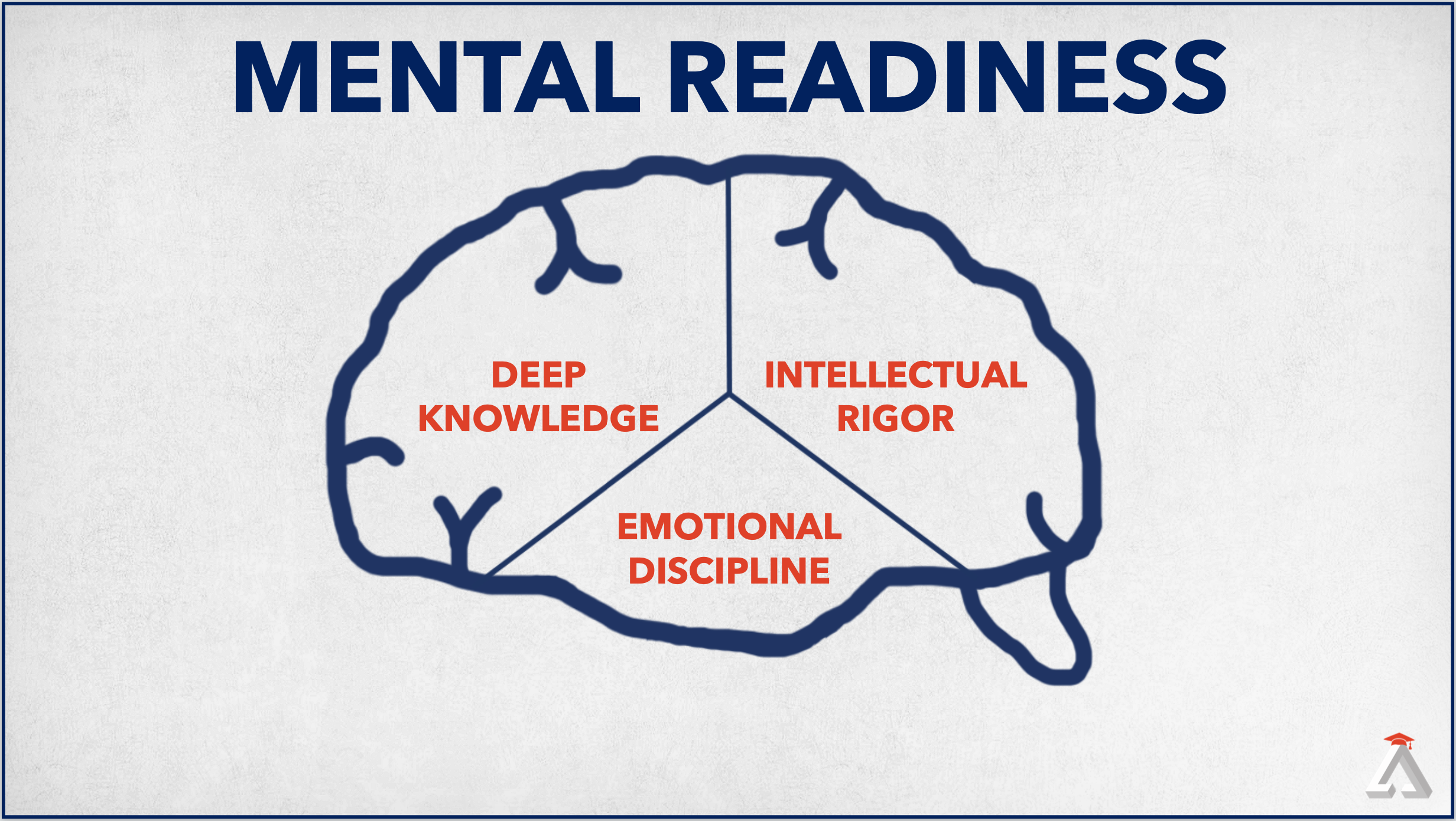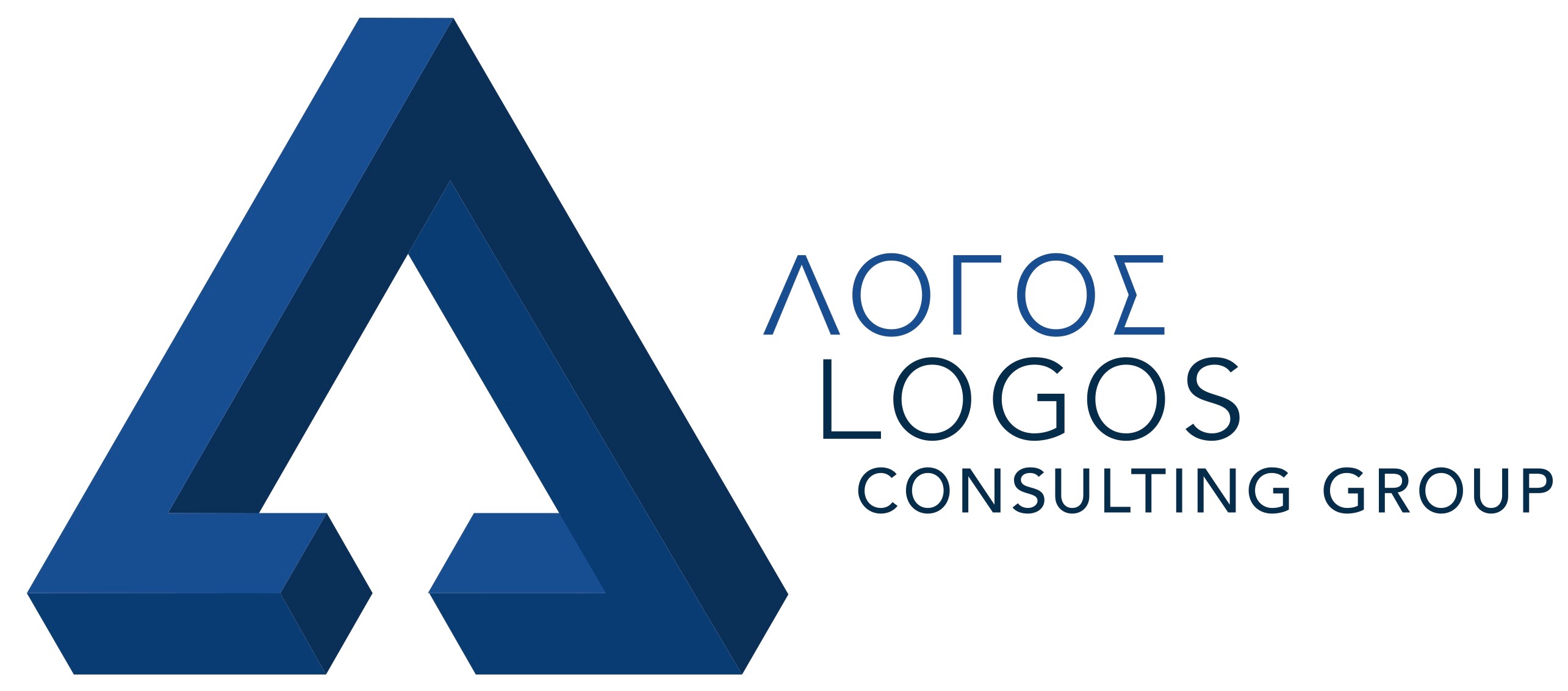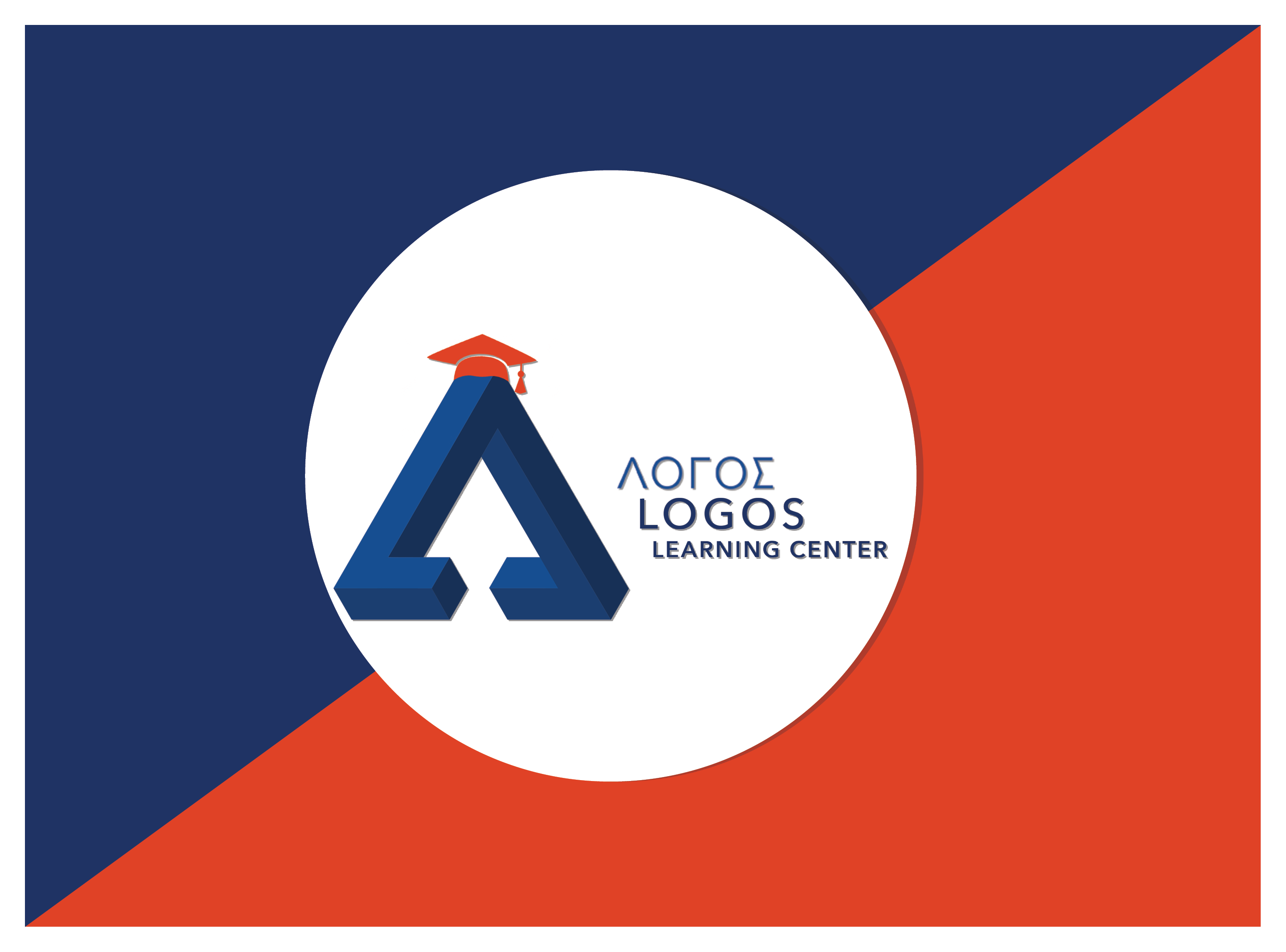The following is an excerpt of a guest column by Helio Fred Garcia published in the May 2022 issue of PRSA’s Strategies & Tactics.
Effective crisis communication can help organizations maintain trust, inspire confidence, and build competitive advantage.
The pandemic, the Great Resignation, political polarization in the United States and war in Europe have made the need for effective crisis communication even greater.
Increasingly PR professionals are being seen not only as communicators, but also as business problem-solvers, who can help their clients navigate the challenges of maintaining the trust of stakeholders in rapidly-changing times where the stakes are increasingly high.
But PR people don’t deserve a seat at the leadership table simply because of our function. We need to earn that seat. And that means we need to elevate our game and become a respected voice when CEOs and other leaders are under stress and worried about their enterprise and their legacy. Take, for example, the common struggle PR people have with lawyers. And how easy it is for CEOs to take lawyers’ well-intentioned advice.
Making the business case
Over more than 40 years I have advised lawyers and been hired through lawyers to advise our mutual clients. I have taught lawyers through bar associations and have trained individual lawyers in crisis management. And I have fought with lawyers; sometimes I have won those fights. And I have learned from lawyers.
A typical interaction is this: In the CEO’s office the lawyer will give all the legal reasons to say as little as possible – ideally nothing – in the early phases of a crisis. The CEO will then look at me.
My reply is not to make the PR case, but to make the business case:
“I believe you have received excellent legal advice. And you should take it seriously. But please recognize that you don’t have a legal problem, at least not yet. You have a business problem. And you need to make a business decision. You need to consider the risk of legal liability seriously. But not exclusively.
You should also consider the consequences of losing the trust of those who matter to you: your employees, customers, investors, regulators, and others. Silence now will be interpreted as indifference, or worse, and will lead to loss of trust of those who matter most to the company. You can protect yourself from legal liability that will play out years from now, but lose the company in the process. Or you can attend to the immediate needs and concerns of your stakeholders now, in ways that manage future legal liability.”
It’s very hard for the lawyers to object to that. But the key is that we need to be in the room in the first place, to make the case directly to the CEO in the lawyer’s presence. Otherwise, the CEO could reflexively take the lawyer’s advice, without considering the short-term implications. And we’d then be tasked with implementing a suboptimal response.
The CEO then typically asks me to advise on what we could say that would pass legal muster. I ask the lawyer about categories of possible communication:
- Acknowledge: Can we acknowledge awareness of what has happened? The answer is usually Yes, but very carefully. My reply, Great. Let’s do it carefully.
- Can we express empathy toward those who are affected? The lawyer usually says, Yes, but we need to be careful to not admit blame. Same reply by me: Great. Let’s do it carefully, in a way that doesn’t admit blame.
- Can we declare our values? When the lawyers object, I point out that we typically have them published on our website.
- Can we describe the overall approach we will take to address the crisis and resolve it? The lawyers usually say we need to be very careful. I again reply, Great. Let’s do it carefully.
- Can we make some kind of commitment? How about a procedural commitment: We’ll update you when we know more. Or a substantive commitment: We’ll get to the bottom of this and fix it.
In essence, when the lawyers say we should say as little as possible or say nothing, they are channeling an unspoken fear that the company’s leaders will say something dumb; something that will not only increase risks in future litigation but also energize adversaries, regulators, and others to come after the company.
I don’t want the company to say something dumb either. But between self-defeating silence and self-destructive blabbering, there’s lots of room to maneuver. This recognition often leads to the lawyers and communicators collaborating early in the crisis to find the balance. It doesn’t need to be adversarial or either-or.
Managing the choices
At a high level of practice, crisis communication is a rigorous process of managing the choices we make with a view on the desired outcome. The discipline is that leaders should never make choices based on personal preference; they usually do so in ways that make them feel less vulnerable that that can infuriate stakeholders.
Rather, we need to have clear criteria on the choices leaders make – of what to do and say, of when to do and say it; of whom to say it to; of who should do the talking. The more rigorous the approach, the more likely we’ll be seen to be business problem-solvers, and to be in the room before decisions are made.
Read the full article and more here.


 Maida is an Advisor at Logos Consulting Group and a Senior Fellow at the Logos Institute for Crisis Management and Executive Leadership, where she helps corporate leaders maximize presence and enhance communication skills to become more effective in managing both their reputations and relationships. She also serves as the Chief of Client Services.
Maida is an Advisor at Logos Consulting Group and a Senior Fellow at the Logos Institute for Crisis Management and Executive Leadership, where she helps corporate leaders maximize presence and enhance communication skills to become more effective in managing both their reputations and relationships. She also serves as the Chief of Client Services. Leaders change the world. But they don’t do it alone. They ignite others toward a common cause. At Logos Consulting Group, we believe in this world and we see this world in the work that we do. Our mission is to build a better world by equipping people to become leaders who ignite change in the world for the good. We do this by helping our clients inspire those who matter to them to make a difference in their own industries and communities, and the world at large. We advise and coach our clients in three key areas:
Leaders change the world. But they don’t do it alone. They ignite others toward a common cause. At Logos Consulting Group, we believe in this world and we see this world in the work that we do. Our mission is to build a better world by equipping people to become leaders who ignite change in the world for the good. We do this by helping our clients inspire those who matter to them to make a difference in their own industries and communities, and the world at large. We advise and coach our clients in three key areas:  This week, the Logos Consulting Group launched our new online learning platform, the Logos Learning Center. The Logos Learning Center is designed to help everyone bolster their leadership skills so that they can ignite and inspire those who matter to them to create positive change in the world.
This week, the Logos Consulting Group launched our new online learning platform, the Logos Learning Center. The Logos Learning Center is designed to help everyone bolster their leadership skills so that they can ignite and inspire those who matter to them to create positive change in the world.